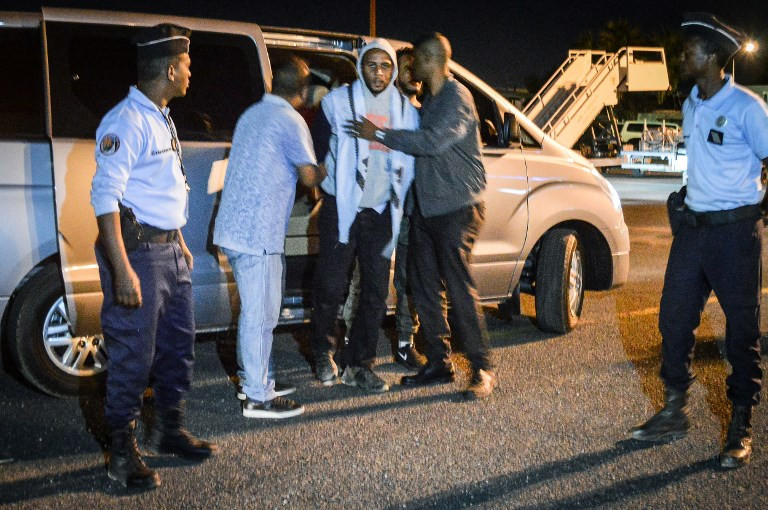Popular Reads
Top Results
Can't find what you're looking for?
View all search resultsPopular Reads
Top Results
Can't find what you're looking for?
View all search resultsProtect freedoms, combat hatred
The Charlie Hebdo newspaper, which has been publishing cartoons for 50 years, is provocative toward all powers and all institutions without encouraging violence or hatred.
Change text size
Gift Premium Articles
to Anyone
T
he opinion piece published on Oct. 1, 2020, "Killing for the sake of something called art", sparks some comments from my side.
France defends fundamental rights and freedoms, including freedom of expression and freedom of religion or belief, for all individuals, regardless of their religious affiliation. This holds true also for French people of the Muslim faith, as it does for all citizens. In fact, many have shown their solidarity with the murdered cartoonists, even though they did not necessarily approve the stance of Charlie Hebdo.
However, defending freedom of expression in France does not mean that everything is permitted: The law is there to protect every citizen. A clear distinction should be made between debating over any system of thought, religion or belief, which includes the possible use of criticism or humor, on the one hand, and inciting religious hatred on the other: only the latter is combated according to our laws.
Thus, any media has the right to publish in France, in compliance with the laws and with complete independence. It is only for court judges to determine whether or not the legal framework for freedom of expression has been respected.
The Charlie Hebdo newspaper, which has been publishing cartoons for 50 years, is provocative toward all powers and all institutions without encouraging violence or hatred. It has published cartoons on different beliefs as well as the three monotheistic religions, and not just on Islam. It has sometimes been convicted for targeting individuals or groups, but not religion.
In addition, the misleading interpretation of laïcité [secularism] as offered in the opinion piece prevents us from grasping its specific dimensions. Laïcité is a fundamental principle of the French Republic. It is the fruit of our history. It means the guarantee of freedom of worship and conscience, the separation of politics and religion, and state neutrality.
French people of Muslim faith have the same rights and the same duties as all citizens. They must be protected. Laïcité contributes to this, because it guarantees the freedom to practice religion and the peaceful coexistence of adherents of all beliefs. Laïcité is compatible with all religions in national territory, as long as they accept the principles and values of the Republic.
While this principle is obvious to France today, we recognize that it is not the same in some countries. Everyone is free to decide on their constitutional principles and their legal system. However, it seems to us that secularism is an interesting model for balancing fundamental freedoms.
Finally, it is important to bear in mind that people of the Muslim faith are often the first victims of the terror that claims ties to Islamic fundamentalism.
***
The writer is French Ambassador to Indonesia and Timor Leste.










